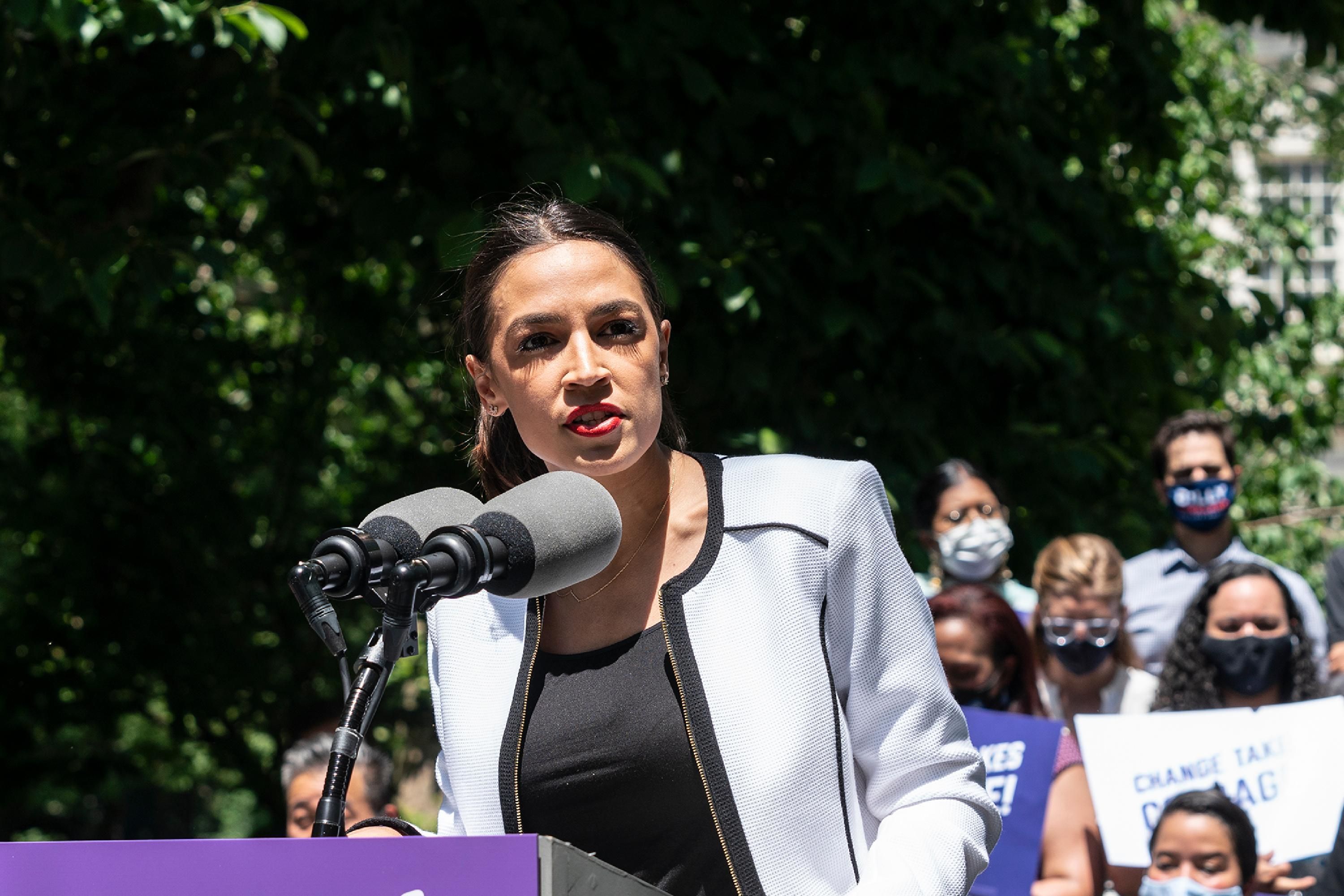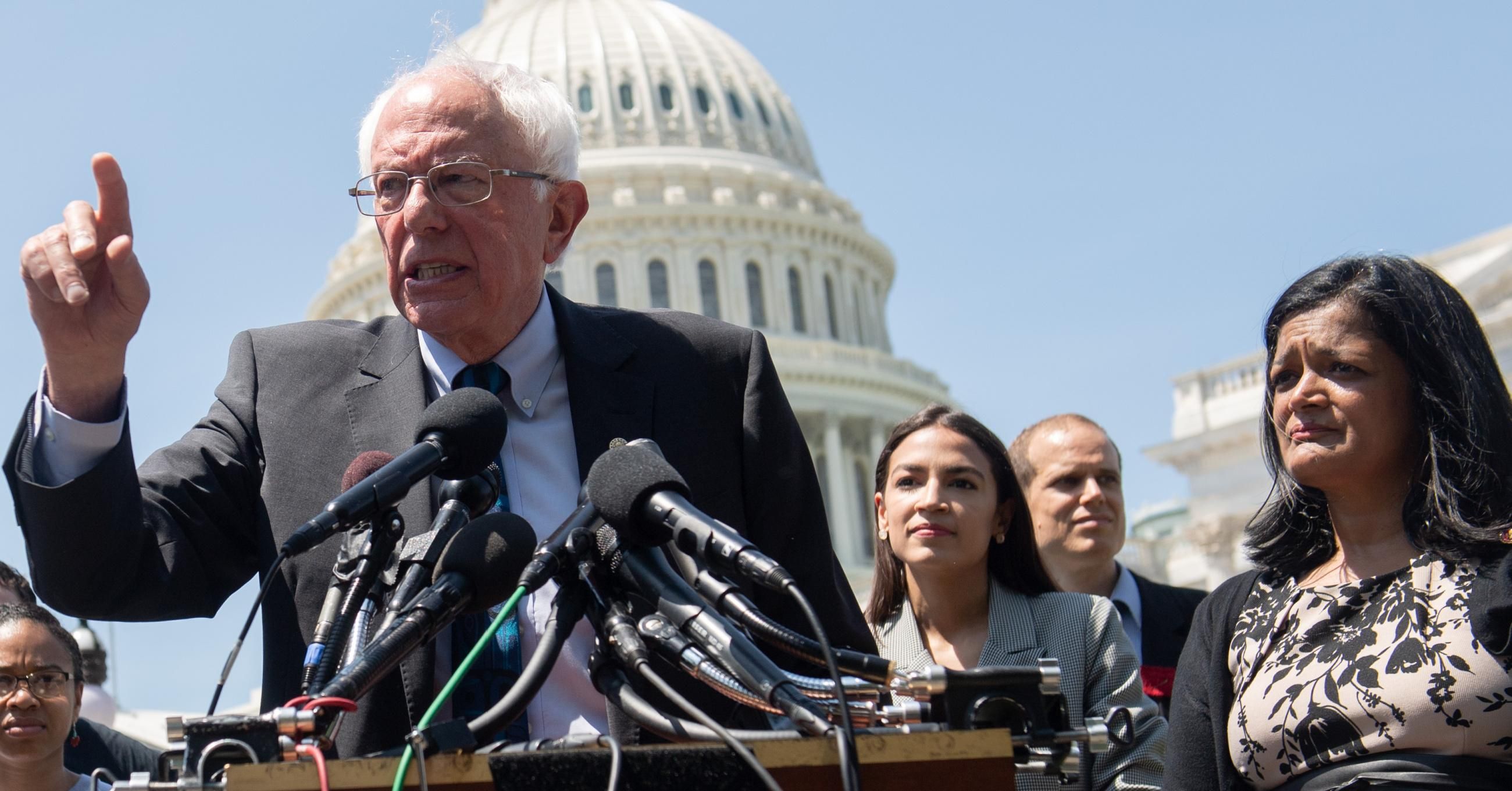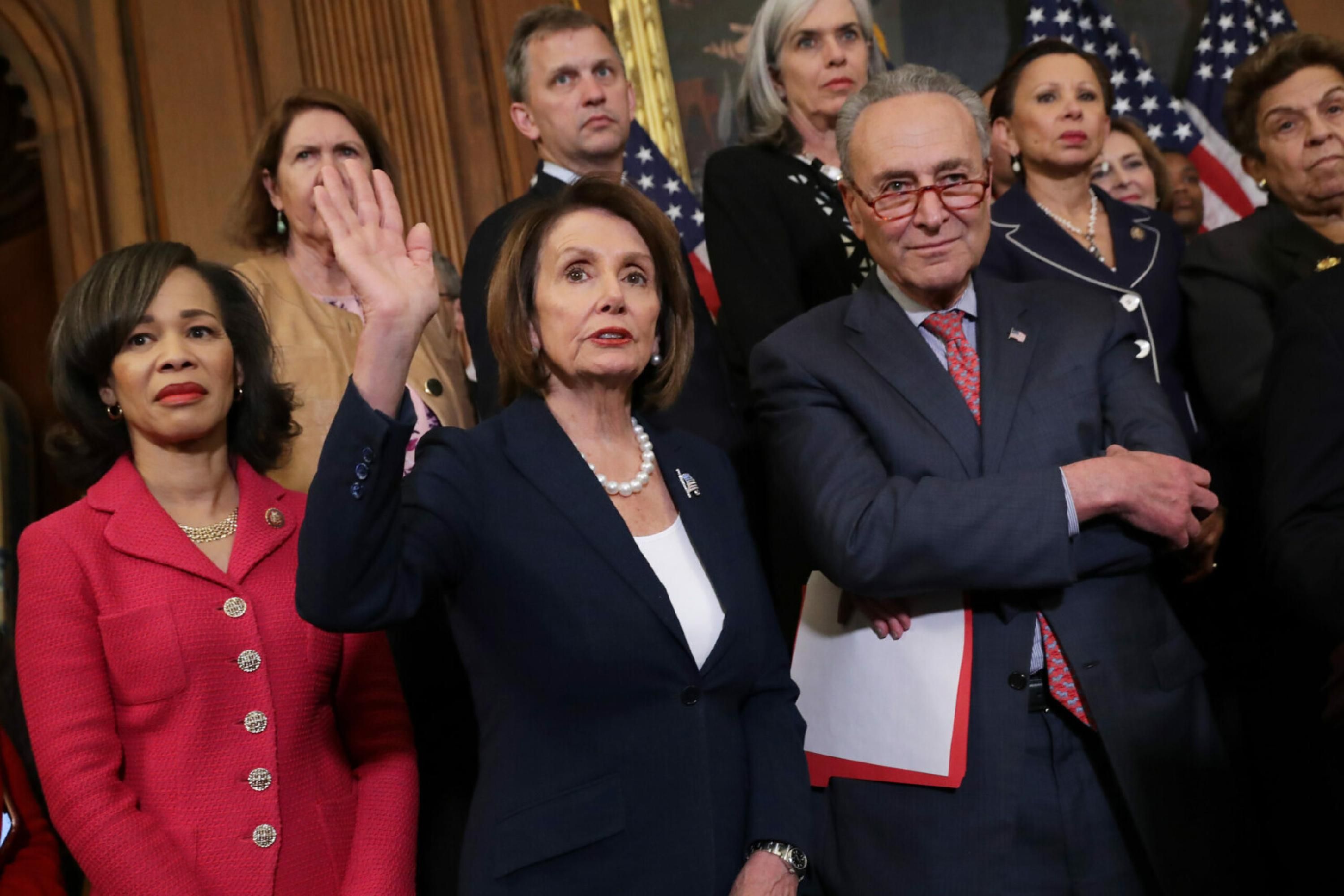Most Americans support Medicare negotiation despite claims it would hurt innovation

IMAGE: FEW AMERICANS BELIEVE NEGOTIATING DRUG PRICES WILL HURT PHARMACEUTICAL INNOVATION AND COMPETITION; MOST WANT GOVERNMENT TO PLAY MAJOR ROLE IN CONTROLLING COSTS view more
CREDIT: WEST HEALTH-GALLUP
WASHINGTON, DC - JUNE 3, 2021 -- A new West Health/Gallup survey finds nearly all Democrats (97%) and the majority of Republicans (61%) support empowering the federal government to negotiate lower prices of brand-name prescription drugs covered by Medicare. Overall, 8 in 10 Americans prefer major government action to control prices over concerns about it hurting innovation and competition from the pharmaceutical industry. The results come from a nationally representative poll of more than 3,700 American adults.
While President Joe Biden, Democrats in Congress and former President Donald Trump have called for such negotiation, Republicans on Capitol Hill and the pharmaceutical industry itself have been fiercely opposed to the measure, claiming lower prices would hurt competition and reduce innovation. However, this belief is not widely shared among the American people. According to the survey, less than 20% of all Americans believe Medicare negotiation would hurt innovation or market competition, including a minority of Republicans (39%).
"Americans aren't buying the claim that attempts to reign in drug prices will stifle innovation and devastate the pharmaceutical industry," said Tim Lash, Chief Strategy Officer for West Health, a family of nonprofit and nonpartisan organizations dedicated to lowering healthcare costs to enable successful aging. "These misleading arguments are meant to preserve profits rather than protect patients. The time has come to finally enable Medicare negotiation. Americans are becoming increasing restless for it to happen even if the pharmaceutical companies are not."
If enacted, Medicare negotiation as described in H.R. 3, the Elijah E. Cummings Lower Drug Costs Now Act, is projected to save the federal government, businesses, and workers hundreds of billions of dollars by 2030. According to a new analysis from West Health and its Council for Informed Drug Spending Analysis (CIDSA), private employers could also save $195 billion and workers would see another $98 billion in savings. These savings are in addition to the estimated savings of $456 billion in federal direct spending forecast by the Congressional Budget Office (CBO).
When choosing between the need for major reform in drug pricing and maintaining the status quo, 90% of Americans chose to support reforms, including 96% of Democrats, 88% of Independents and 83% of Republicans. Sweeping support also exists for specific actions including setting limits on out-of-pocket costs for prescription drugs (87% strongly or somewhat supporting) and general healthcare (84%) in Medicare and limiting hospital charges for those with private insurance (83%), and allowing Medicare to negotiate drug prices for all Americans, not just Medicare beneficiaries, is supported by 70% of respondents.
"There is little question that substantial public support exists for more government action when it comes to addressing drug costs," said Dan Witters, Gallup senior researcher. "And while there are differences across the political spectrum, even among Republicans, sentiment for public action is substantial."
###
About Gallup
Gallup delivers analytics and advice to help leaders and organizations solve their most pressing problems. Combining more than 80 years of experience with its global reach, Gallup knows more about the attitudes and behaviors of employees, customers, students and citizens than any other organization in the world.
About West Health
Solely funded by philanthropists Gary and Mary West, West Health is a family of nonprofit and nonpartisan organizations including the Gary and Mary West Foundation and Gary and Mary West Health Institute in San Diego, and the Gary and Mary West Health Policy Center in Washington, D.C. West Health is dedicated to lowering healthcare costs to enable seniors to successfully age in place with access to high-quality, affordable health and support services that preserve and protect their dignity, quality of life and independence. Learn more at westhealth.org and follow @westhealth.
























